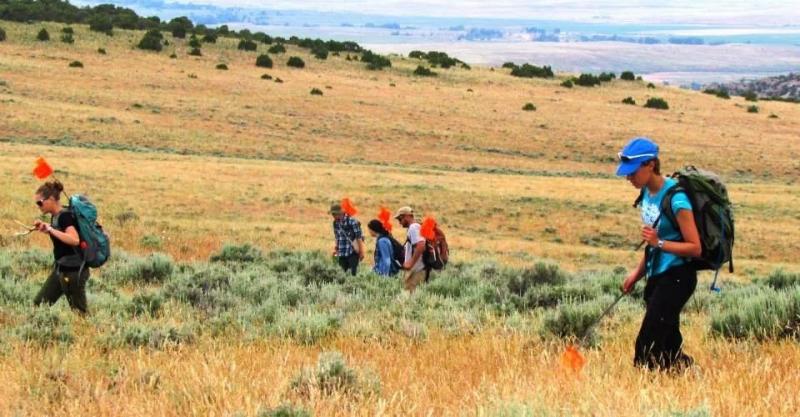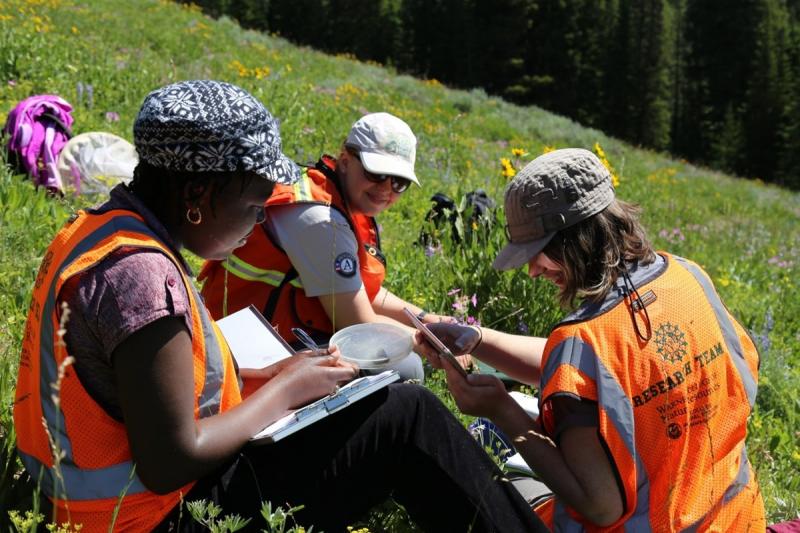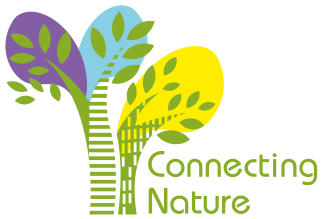
There has been a clear growth in the popularity of citizen science programmes over the last decade, wherein a group of non-expert volunteers collect and/or process data as part of a scientific study. Its popularity has the potential to offer great paybacks to both society and growing areas of science, such as nature-based solutions.
The societal benefits of these programmes are numerous, often leading to the development of a sense of community and belonging to those who get involved, as they work together towards a common goal.
Citizen science offers an opportunity for people to reconnect with nature, by getting them outside and encouraging an interaction with and exploration of the complex and fascinating world around them.
It also allows for a more meaningful public engagement with science, by offering the public a voice in science, policy and decision making. By allowing people to become an integral component of the scientific process a more democratic science is created, a science that offers the public an insight into how science operates and increasing trust through transparency.
The rise of citizen science programmes has been linked to the rising difficulty researchers are having regarding getting access to adequate funding. Citizen science has been seen as a cost-effective way to gather data on a great numeric and geographical scale than usually otherwise feasible.

Despite certain challenges to its legitimacy, citizen science strives for the very same standard of quality and credibility as any other piece of academic research. Citizen science programmes have already created vast amounts of very important data to the benefit of the entire scientific community.
One of the great advantages citizen science has for the scientific community is that it offers a way to reduce the impact inadequate stakeholder buy-in and insufficient monitoring has had on science.
Citizen science has the potential to greatly help growing concepts, such as nature-based solutions, that are currently fighting for recognition and that suffer from a lack of clear and precise set of definitions. A common understanding is required to develop the potential of any given concept.
Nature-based solutions are a flexible approach to societal challenges that are both inspired and supported by nature. They encompasses ideas and experiences learnt from developed concepts such as ‘ecosystem services’ and ‘blue- green-infrastructure’.
Installations such as green belts around cities, and living roofs and walls in buildings are nature-based solutions that result in not only reconnecting people with nature, they create healthier work/living spaces, reduce the impact of extreme weather events, increase urban biodiversity, offer educational opportunities, the list goes on.

These are ‘solutions’ with multiple co-benefits and are seen as being cost-effective and locally adaptable. Due to the multipurpose nature of these ‘solutions’ to address multiple societal challenges simultaneously, they are seen as low- to no-regret actions.
The benefits a research approach using citizen science can have to growing areas of research, such as nature-based solutions, should not overlooked.
Further development of policies and standards, along with improved communication and knowledge sharing, is needed to promote the use and deployment of nature-based solutions. Citizen science offers many of the tools required to meet these needs.
Using a citizen science approach creates portals for open communication and transdisciplinary knowledge production. It is through these portals of mutual learning and open dialogue a set of well balanced and widely accepted set of key principles around nature-based solutions can be created and widely dispersed.
If used appropriately and with intent, citizen science offers, just like nature-based solutions, multiple co-benefits to both society and science.
Adam Fowler, Connecting Nature Intern, TCD. Adam is currently studying for an MSc in Global Change: Ecosystem Science and Policy at UCD.
